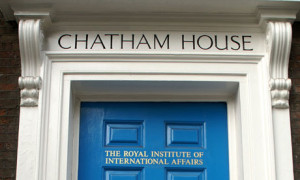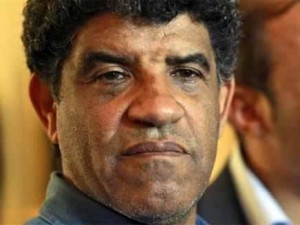 Yesterday, Chatham House in conjunction with Doughty Street Chambers hosted a lecture on “The ICC and Libya: Complementarity in Conflict”. The featured speakers were Professor Kevin Jon Heller from the School of Oriental and African Studies, Melinda Taylor, defence counsel and former head of the Office of Public Counsel for the Defence at the ICC, and Carla Ferstman, Director at REDRESS.
Yesterday, Chatham House in conjunction with Doughty Street Chambers hosted a lecture on “The ICC and Libya: Complementarity in Conflict”. The featured speakers were Professor Kevin Jon Heller from the School of Oriental and African Studies, Melinda Taylor, defence counsel and former head of the Office of Public Counsel for the Defence at the ICC, and Carla Ferstman, Director at REDRESS.
The discussion centred around the admissibility decisions in the cases of Saif al-Islam Gaddafi and Abdullah al-Senussi before the ICC. In July 2014, the Appeals Chamber held that the case against al-Senussi was inadmissible and that the Libyan authorities were willing and able to try him. Earlier, in May 2014, the Appeals Chamber reached the opposite decision in the case of Gaddafi holding that the case was admissible and ordering his transfer from detention in Zintan to the ICC. Continue reading


